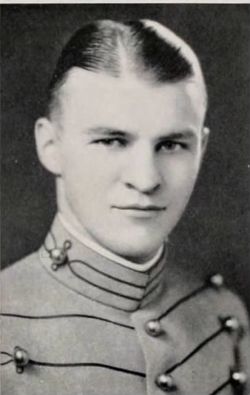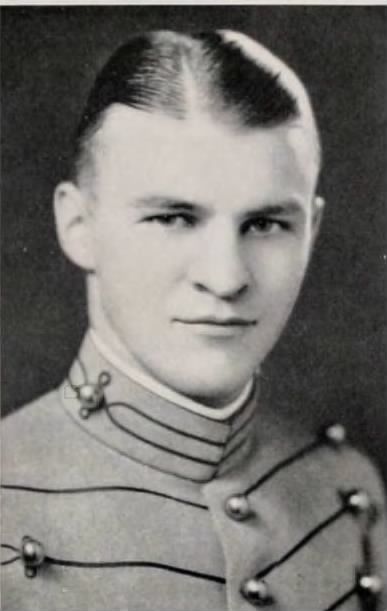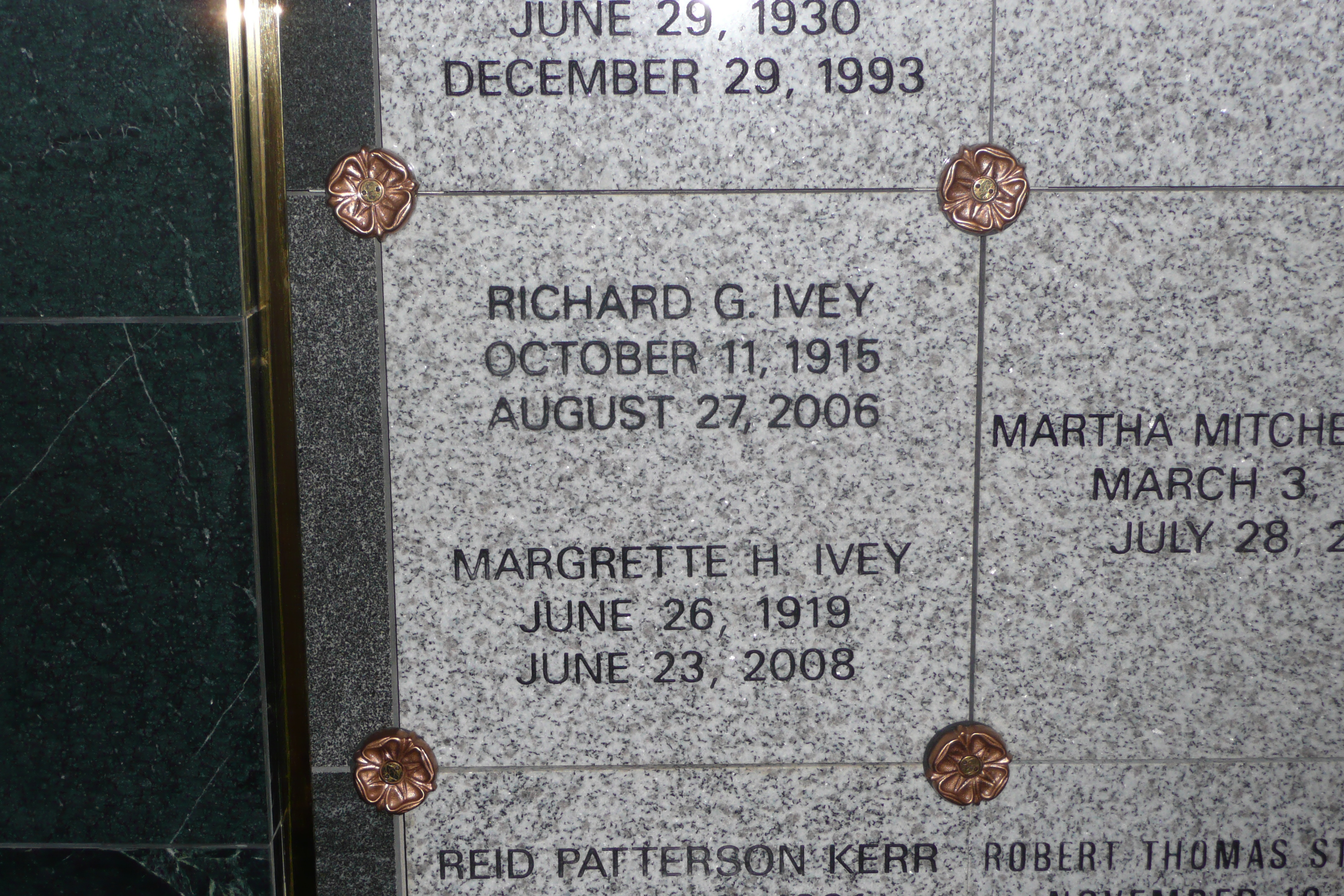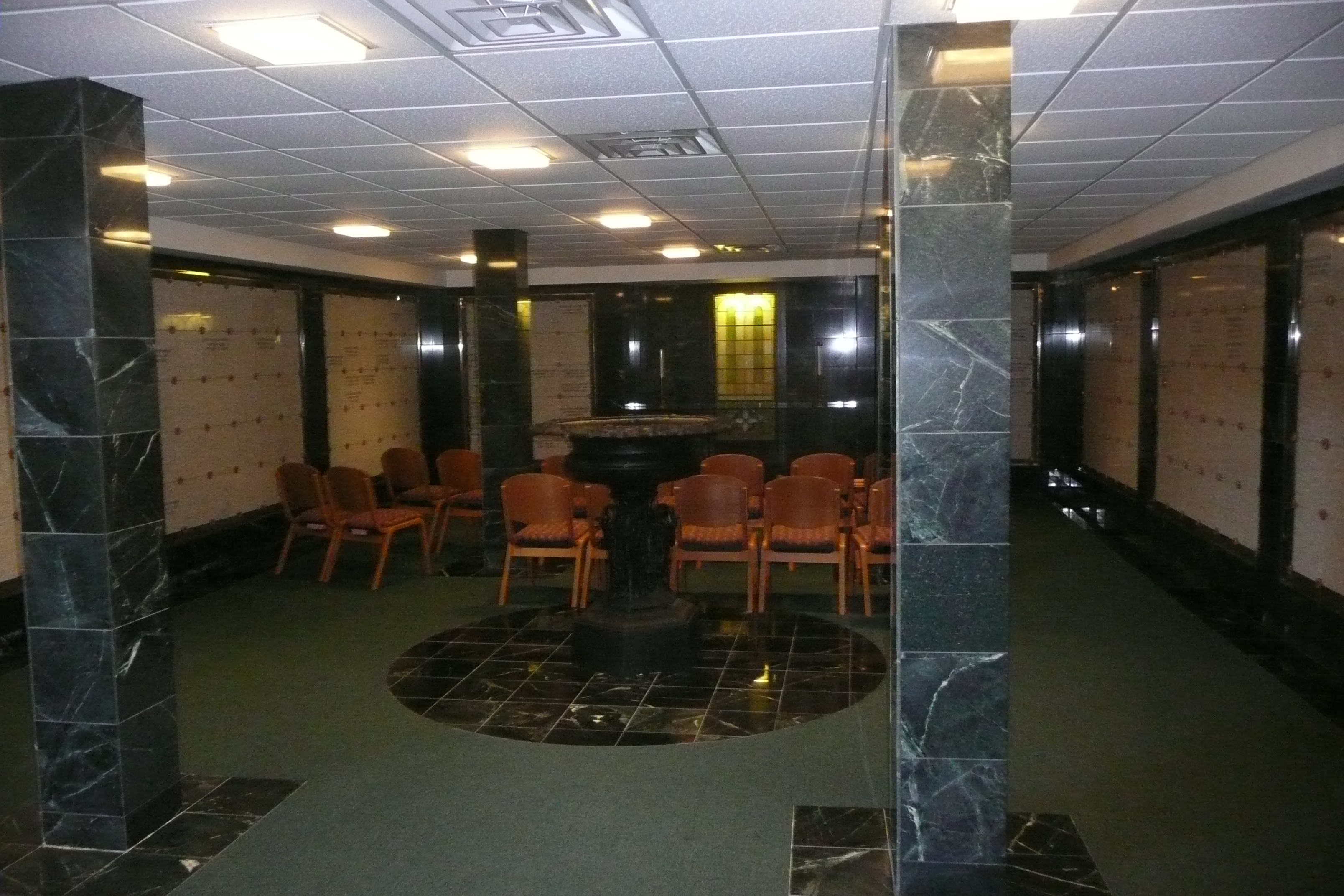The President of the United States of America, authorized by Act of Congress July 9, 1918, takes pleasure in presenting the Distinguished Service Cross to Captain (Coast Artillery Corps) Richard Gay Ivey (ASN: 0-21116), United States Army, for extraordinary heroism in connection with military operations against an armed enemy while serving with Headquarters, 60th Coast Artillery Regiment (Anti-Aircraft), in action against enemy forces from 6 to 11 February 1942, in the Philippine Islands. Following the Japanese invasion of Bataan, Captain Ivy repeatedly volunteered to cross behind enemy lines to locate enemy artillery positions. Captain Ivey's intrepid actions, personal bravery and zealous devotion to duty exemplify the highest traditions of the military forces of the United States and reflect great credit upon himself, the Coastal Artillery Corps, and the United States Army.
-----------------------------------------------
Biography gleaned from www.westpointaog.org
Graduate United States Military Academy Class of 1938
Richard Gay Ivey was born on 11 Oct 1915 in Beatrice, AL. In high school, Richard was a popular and well-rounded student. His leadership potential was recognized at an early age. Selected as captain of the football team his senior year, Richard led by example Upon the gridiron. He also was an excellent student skipping two grades before graduation.
Richard entered Auburn University at the age of sixteen. At the conclusion of his second year at Auburn, Richard sought and obtained a congressional appointment to the U.S. Military Academy, entering with the Class of 1938. During the next four years, he succeeded in his studies.
After graduation he was assigned to the 60th Coast Artillery Regiment in the Philippines. The outbreak of hostilities and the subsequent invasions of those islands by the Japanese in 1941 caused the garrison to retreate to the fortress of Corregidor. From there, Richard repeatedly volunteered to cross behind enemy lines to locate enemy artillery positions. Prior to the final surrender, he was awarded the Distinguished Service Cross and was recommended for another by his commanding officer, MG George F. Moore. The second DSC was withheld by GEN MacArthur, who informed GEN Moore that CPT Ivey was "too young" to be awarded this prestigious decoration a second time.
Richard survived the three and a half years of captivity as a Japanese POW but not without significant deterioration of his health due to malnutrition and disease. He proudly hid his 1938 West Point class ring for three and a half years.
When liberation came Richard hoped to continue his military career, but it was not to be. Having existed solely on a diet of rice, his 170 pound frame had fallen to 115 pounds. The weight loss would be regained, but his failed eyesight, with blind spots in his central vision, would never recover. Upon returning to the States, he spent the following year in the Valley Forge Army Hospital.
In 1947, Richard Ivey was medically retired from the army and he moved forward into a new life. Ivey entered post-graduate school at the University of North Carolina to study business and finance graduating Phi Beta Kappa in 1952. That same year he married Margrette his companion for the following 55 years. For a brief period, he accepted a position with the Pilot Life Insurance Company in Greensboro before becoming the assistant treasurer at the University of Rochester. In 1960, he returned to Greensboro with Margrette to work with a private foundation.
GEN Moore believed him to have been one of the bravest men he had ever known.
The President of the United States of America, authorized by Act of Congress July 9, 1918, takes pleasure in presenting the Distinguished Service Cross to Captain (Coast Artillery Corps) Richard Gay Ivey (ASN: 0-21116), United States Army, for extraordinary heroism in connection with military operations against an armed enemy while serving with Headquarters, 60th Coast Artillery Regiment (Anti-Aircraft), in action against enemy forces from 6 to 11 February 1942, in the Philippine Islands. Following the Japanese invasion of Bataan, Captain Ivy repeatedly volunteered to cross behind enemy lines to locate enemy artillery positions. Captain Ivey's intrepid actions, personal bravery and zealous devotion to duty exemplify the highest traditions of the military forces of the United States and reflect great credit upon himself, the Coastal Artillery Corps, and the United States Army.
-----------------------------------------------
Biography gleaned from www.westpointaog.org
Graduate United States Military Academy Class of 1938
Richard Gay Ivey was born on 11 Oct 1915 in Beatrice, AL. In high school, Richard was a popular and well-rounded student. His leadership potential was recognized at an early age. Selected as captain of the football team his senior year, Richard led by example Upon the gridiron. He also was an excellent student skipping two grades before graduation.
Richard entered Auburn University at the age of sixteen. At the conclusion of his second year at Auburn, Richard sought and obtained a congressional appointment to the U.S. Military Academy, entering with the Class of 1938. During the next four years, he succeeded in his studies.
After graduation he was assigned to the 60th Coast Artillery Regiment in the Philippines. The outbreak of hostilities and the subsequent invasions of those islands by the Japanese in 1941 caused the garrison to retreate to the fortress of Corregidor. From there, Richard repeatedly volunteered to cross behind enemy lines to locate enemy artillery positions. Prior to the final surrender, he was awarded the Distinguished Service Cross and was recommended for another by his commanding officer, MG George F. Moore. The second DSC was withheld by GEN MacArthur, who informed GEN Moore that CPT Ivey was "too young" to be awarded this prestigious decoration a second time.
Richard survived the three and a half years of captivity as a Japanese POW but not without significant deterioration of his health due to malnutrition and disease. He proudly hid his 1938 West Point class ring for three and a half years.
When liberation came Richard hoped to continue his military career, but it was not to be. Having existed solely on a diet of rice, his 170 pound frame had fallen to 115 pounds. The weight loss would be regained, but his failed eyesight, with blind spots in his central vision, would never recover. Upon returning to the States, he spent the following year in the Valley Forge Army Hospital.
In 1947, Richard Ivey was medically retired from the army and he moved forward into a new life. Ivey entered post-graduate school at the University of North Carolina to study business and finance graduating Phi Beta Kappa in 1952. That same year he married Margrette his companion for the following 55 years. For a brief period, he accepted a position with the Pilot Life Insurance Company in Greensboro before becoming the assistant treasurer at the University of Rochester. In 1960, he returned to Greensboro with Margrette to work with a private foundation.
GEN Moore believed him to have been one of the bravest men he had ever known.
Family Members
Sponsored by Ancestry
Advertisement
Advertisement









